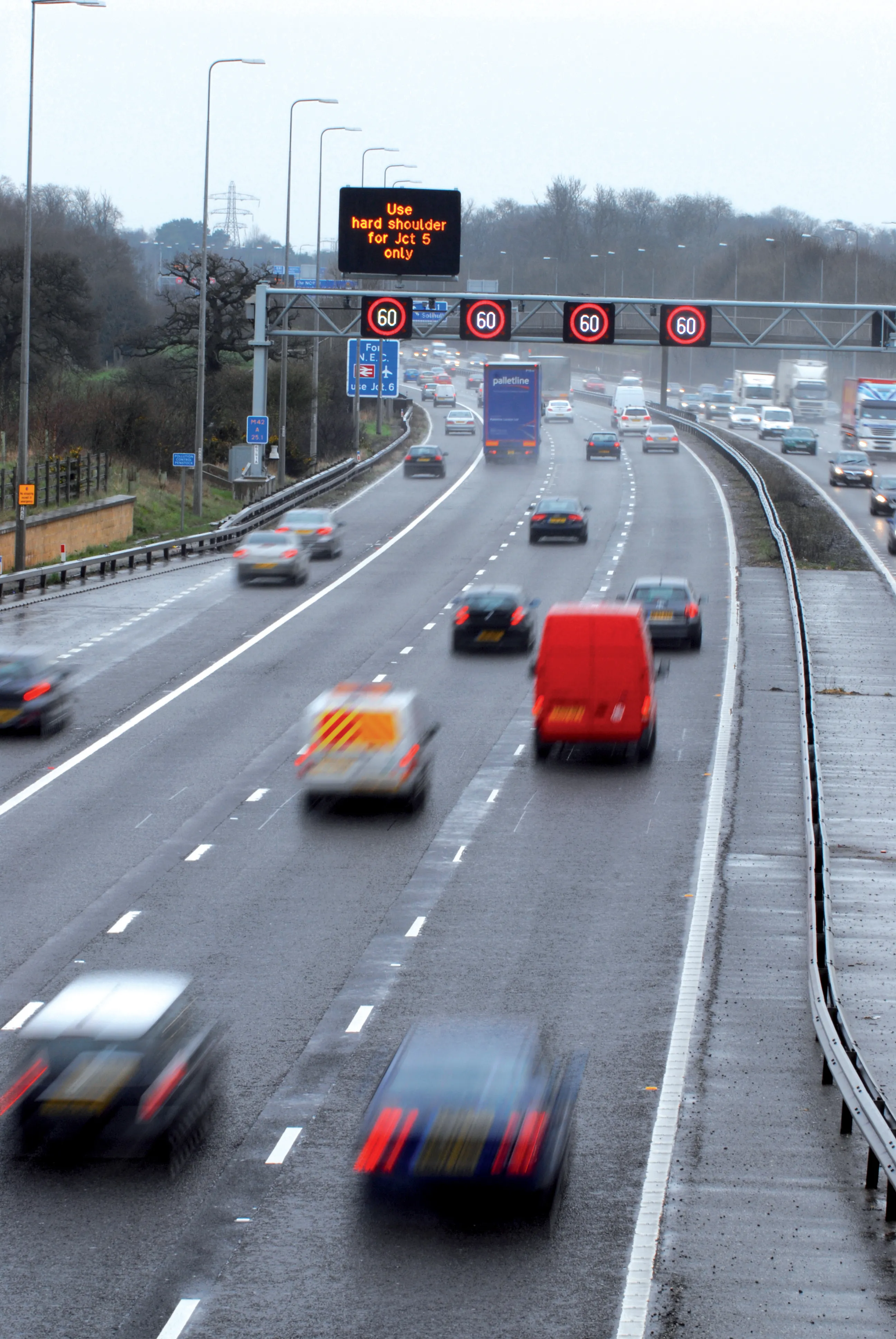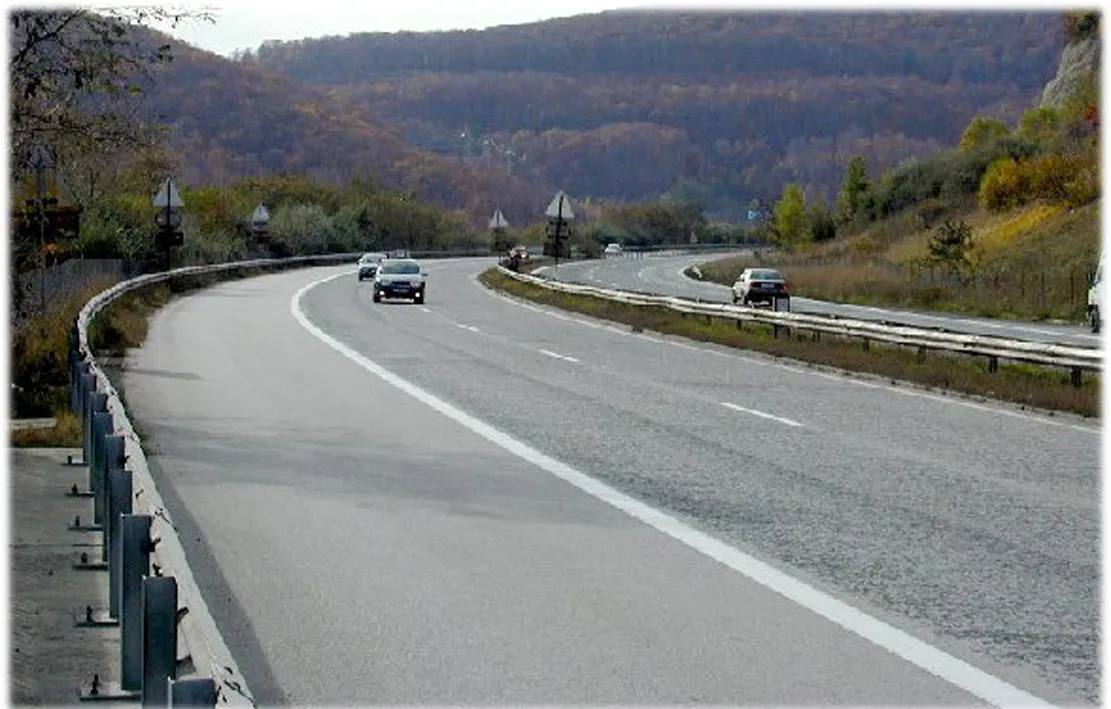The Russian Government is now working on a national plan for a new network of highways to improve transport across the country. This programme has been initiated by the Russian president, Vladimir Putin. The aim of the plan is to increase the number of high quality, high speed roads linking the country.
May 11, 2018
Read time: 1 min
The Russian Government is now working on a national plan for a new network of highways to improve transport across the country. This programme has been initiated by the Russian president, Vladimir Putin. The aim of the plan is to increase the number of high quality, high speed roads linking the country. The aim of the programme is that by 2024, 50% of the country’s regional roads will meet the necessary standards. Meanwhile 85% of urban roads will meet the required standards for quality and safety. At the same time, the number of roads suffering heavy congestion at peak periods will be 10% lower in 2024 than in 2017.
The road development programme will include setting new construction standards, establishing a more open system to monitor road funding, utilising new traffic control technology and toughening enforcement of road rules.









